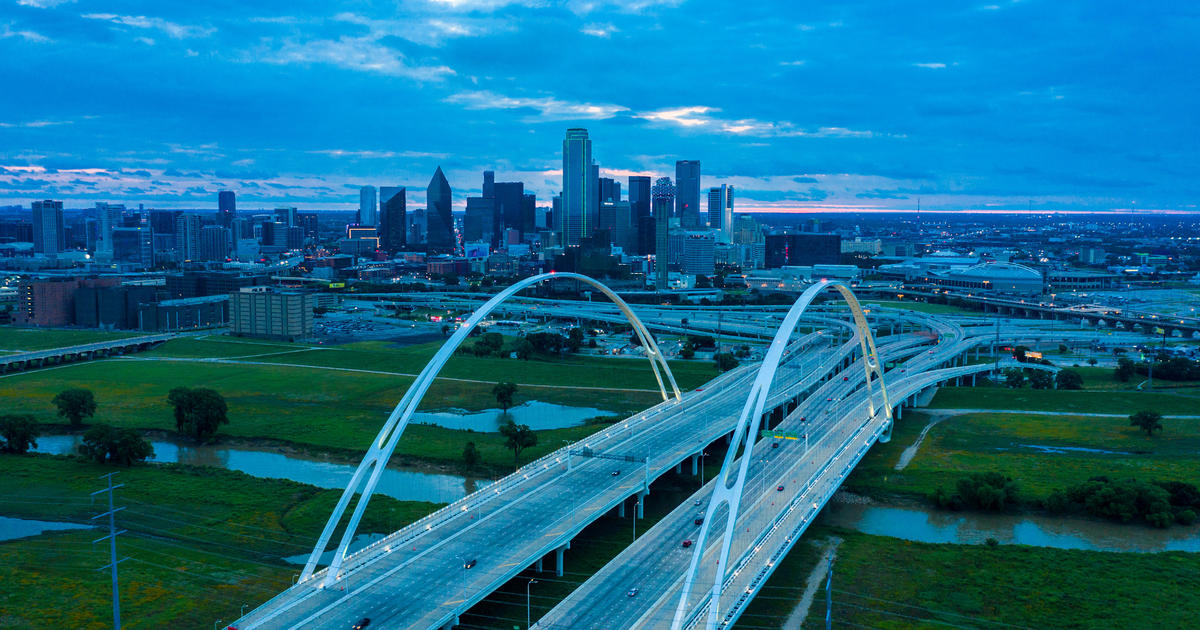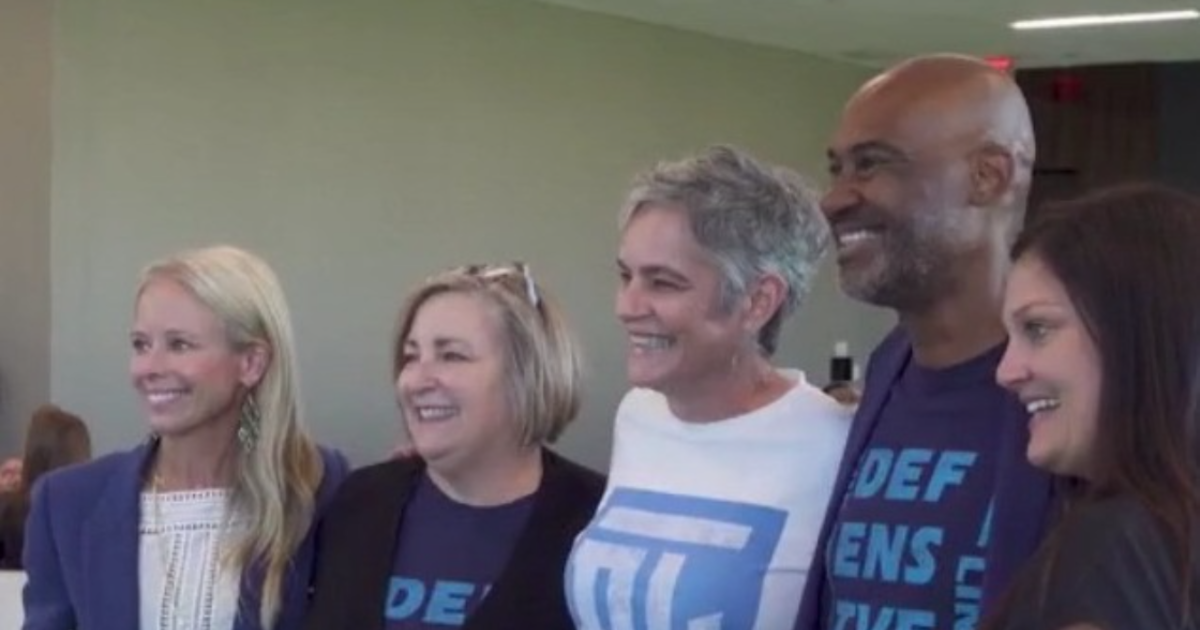SMU Constitutional Law Professor Explains Supreme Court Allowing Texas' Heartbeat Law To Remain In Effect
DALLAS (CBSDFW.COM) - Nearly 24 hours after the Texas fetal heartbeat law took effect, the U.S. Supreme Court rejected an emergency request by abortion providers and abortion-rights activists to intervene.
In the 5-4 decision that split the nation's highest court, Justice Alito writing for the majority said, "The applicants now before us have raised serious questions regarding the constitutionality of the Texas law at issue. But their application also presents complex and novel antecedent procedural questions on which they have not carried their burden."
SMU Constitutional Law Professor Dale Carpenter said Thursday, Sept. 2, the Supreme Court rarely intervenes.
"That's an extraordinary thing for the court to interfere on an emergency basis in an ongoing set of litigation. There was a very complicated set of issues here that it just did not want to resolve quite yet," he said.
He said legal challenges to the Texas law would be heard in the lower courts and could end up at the Supreme Court at a later date.
Chief Justice John Roberts sided with the Court's three liberal Justices.
In his dissent, he called the Texas law "not only unusual but unprecedented" and said that he would have put the law on hold, "so that courts may consider whether a state can avoid responsibility for its laws in such a manner."
Justice Sonia Sotomayor blasted the order calling it "stunning" and saying "the court silently acquiesced in a state's enactment of a law that flouts nearly 50 years of federal precedents."
Under the Texas law, doctors can't perform abortions once a fetal heartbeat is detected, which can be as early as six weeks, when many women don't know they're pregnant.
Professor Carpenter said that violates Roe Vs. Wade and what was affirmed in Planned Parenthood Vs. Casey in 1992, which allows women to have an abortion until the point of viability, when a fetus could live outside of the woman's body, at about 23 or 24 weeks into the pregnancy.
What makes the Texas law unprecedented is that it doesn't allow government entities to enforce the state law.
Instead, it grants that power to citizens who can file civil lawsuits against abortion providers and others, and if found guilty, defendants could face a minimum $10,000 fine.
Carpenter said he thinks that provision is unconstitutional.
"If the government cannot veto a woman's decision to have an abortion prior to viability, it also can't transfer or delegate to someone else the power to veto a woman's decision. Where Texas has succeeded is not so much in the substance of constitutional law, which is clear the law violates the Constitution, but it succeeded, I think for now, in throwing up a procedural hurdle, not a substantive hurdle, but a procedural hurdle, to actually getting that constitutional right, fully enforced."
He also said the Supreme Court's ruling and the Texas law itself have already had an impact on abortion providers who want to avoid costly lawsuits. "It has is really put fear into abortion providers. That's an immediate effect without one lawsuit ever having been filed."
On Thursday, U.S. House Speaker Nancy Pelosi said the Supreme Court order and the Texas law necessitates turning Roe Vs. Wade into federal law.
Carpenter said a federal law could override the Texas law depending on how it was written.
"It would need to act in a way that was comprehensive enough to cover not just a threat to Roe versus Wade from state officials, but also from what Texas has done, in this case, private parties that seek to challenge a woman's right to abortion."
President Biden ordered a government review to see what tools it had to counter the Texas law.
Professor Carpenter said the Biden administration may look to see if there are potential civil rights actions against Texas or if it could withdraw federal funding.
WATCH FULL INTERVIEW WITH PROFESSOR DALE CARPENTER



